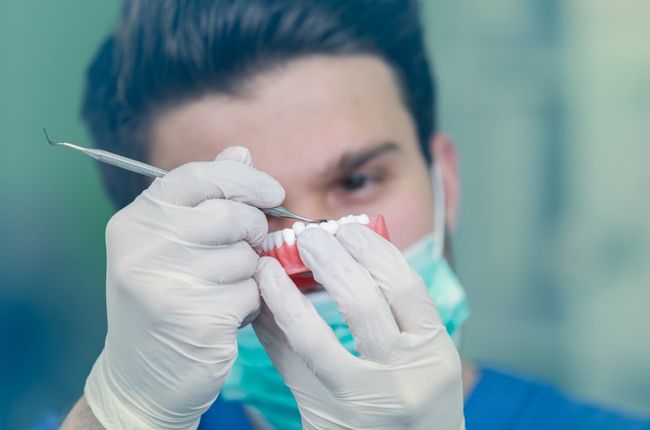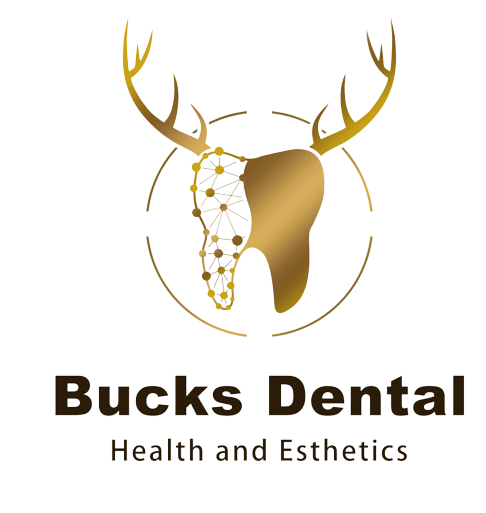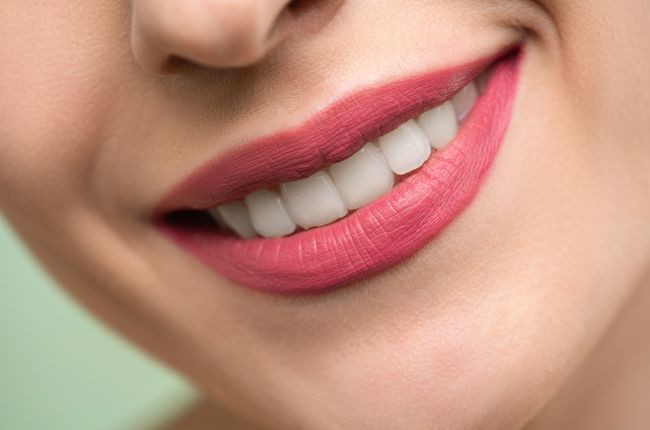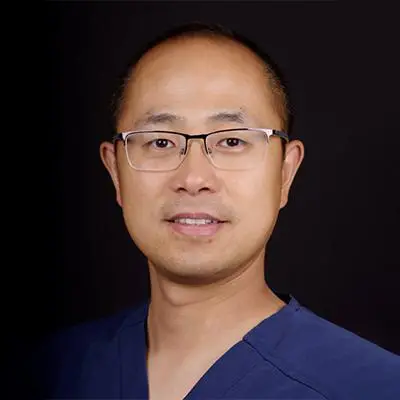Prosthodontist

A prosthodontist is a dentist who specializes in restoring and replacing teeth. Prosthodontists receive an additional three to four years of advanced training after dental school.
Prosthodontists are trained in dental implants, crowns, bridges, complete dentures, partial dentures, esthetics, occlusion, and facial and dental birth developmental defects.
Prosthodontists are also trained in the technical and technological aspects of laboratory fabrication of complex dental prosthetics and complex restoration of dental and facial esthetics.
Besides doing private Prosthodontics practice at Lansdale, greater Philadelphia area, Dr. Qing also teaches as an adjunct assistant professor at the advanced Prosthodontics residency program University of Pennsylvania School of Dental Medicine. By participating in education and research, Dr. Qing constantly updates his knowledge and experience from the new evidence of dental science and Prosthodontics, so to provide his patients with the most evidence-based cutting-edge techniques.
You can find Dr. Qing’s actual patients including almost all aspects of Prosthodontics here.
View Our SmilesProsthodontics Explained
Prosthodontics has an emphasis on the diagnosis and treatment planning of patients who have complex dental needs and on providing treatment services that primarily involve the repair or replacement of natural teeth with a variety of fixed or removable prosthetic options. Increased patient demand for esthetic services and for implant-supported prostheses has caused an increased emphasis on these types of procedures in prosthodontic training programs and practices. To successfully manage these patient needs, prosthodontists collaborate with all members of the dental team, including other specialty colleagues, general dentists, dental hygienists, and laboratory technicians. Through consultation and collaboration with the dental team, prosthodontists provide patients with a customized treatment plan and alternative options, with associated advantages, disadvantages, prognosis, risks, and time involved.
Examples of Fixed Prostheses That We Offer
Veneers
A veneer is a thin piece of porcelain made to fit over the front of the tooth. They’re used for a variety of reasons, including:
- Covering stains, chips, and other imperfections
- Closing gaps between teeth
- Restoring misshapen teeth
- Restoring teeth with worn tooth enamel
Dental Implants
Dental implants are metal posts that are placed into the jawbone beneath the gums. Over a few months, the jawbone fuses with the dental implant, enabling it to provide a stable anchor for a replacement tooth. Much like a natural tooth root, your dental implant will be able to provide stimulation to the jawbone to keep it healthy and strong.
Crowns and Bridges
Crowns completely cover a tooth like a cap. When a tooth is cracked or has a large cavity, a crown can protect the tooth from further damage. Crowns are also used when a tooth has had a root canal. Crowns can be made from one of several materials, including metal alloys, porcelain, ceramics, and resin. Each material has different benefits, so talk to our dentist about the best option for your needs.
Crowns can be made in a dental lab or in the office. When the crown is made in the office, it will take only one visit to our dentist whereas crowns made in a dental lab would take at least two, with about two weeks of fabrication time between them. Also, a temporary crown will be placed over the tooth while the permanent crown is being made.
Examples of Removable Prostheses That We Offer
- Partial or complete denture
- Overdenture on dental implants or roots
- Obturators for cancer patients or patients with defects
- Sleep Apnea device for treating patients with sleep apnea and AHI index less than 30
To find out more about the dental services offered at Bucks Dental, call (215)-220-3395 or schedule an online consultation. You can also visit us at 1151 S Broad St, Lansdale, PA 19446.
Office Hours
MON Closed
TUE 8:00 am - 5:00 pm
WED Closed
THU 8:00 am - 5:00 pm
FRI 9:00 am - 6:00 pm
SAT By appointments only.
SUN Closed








